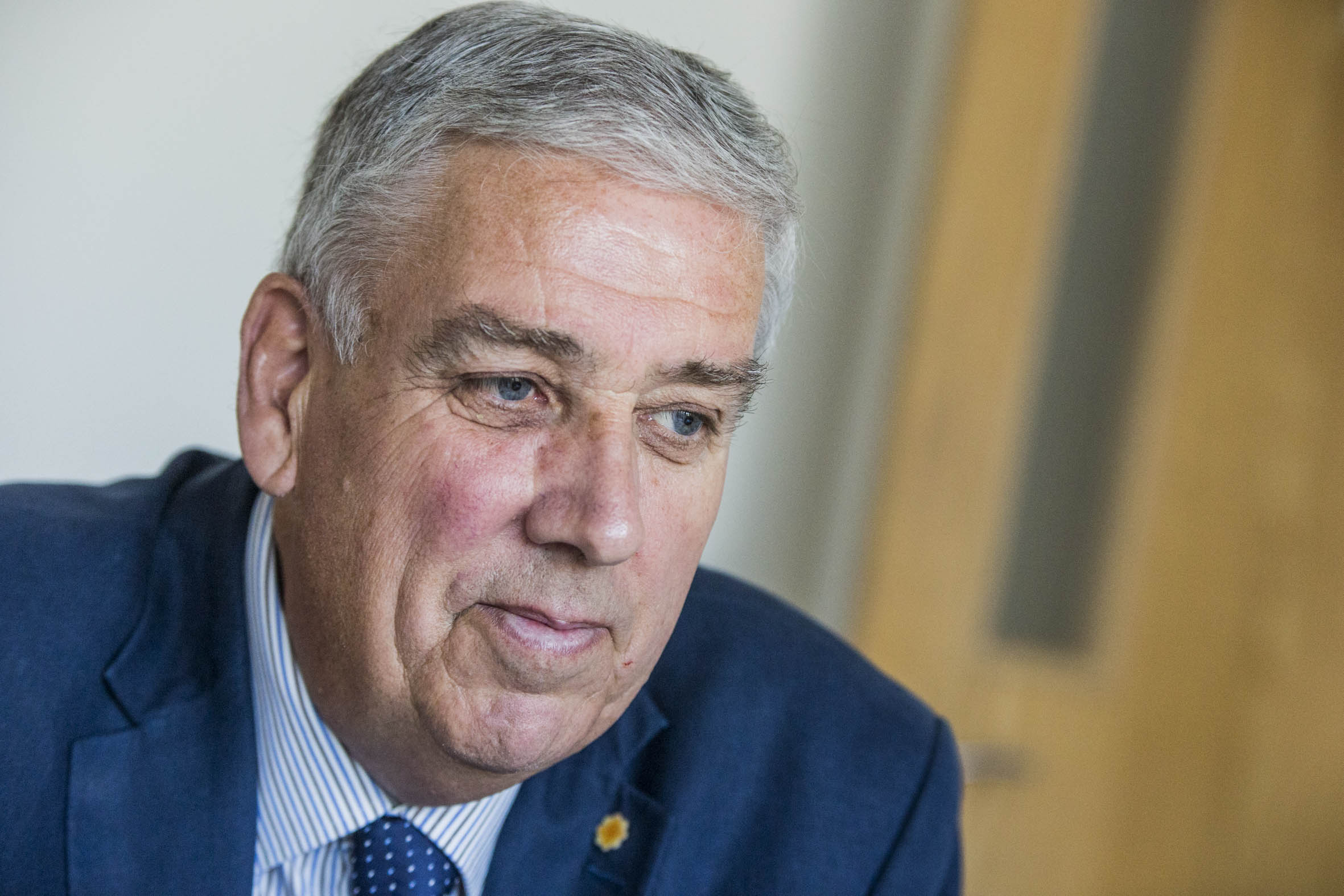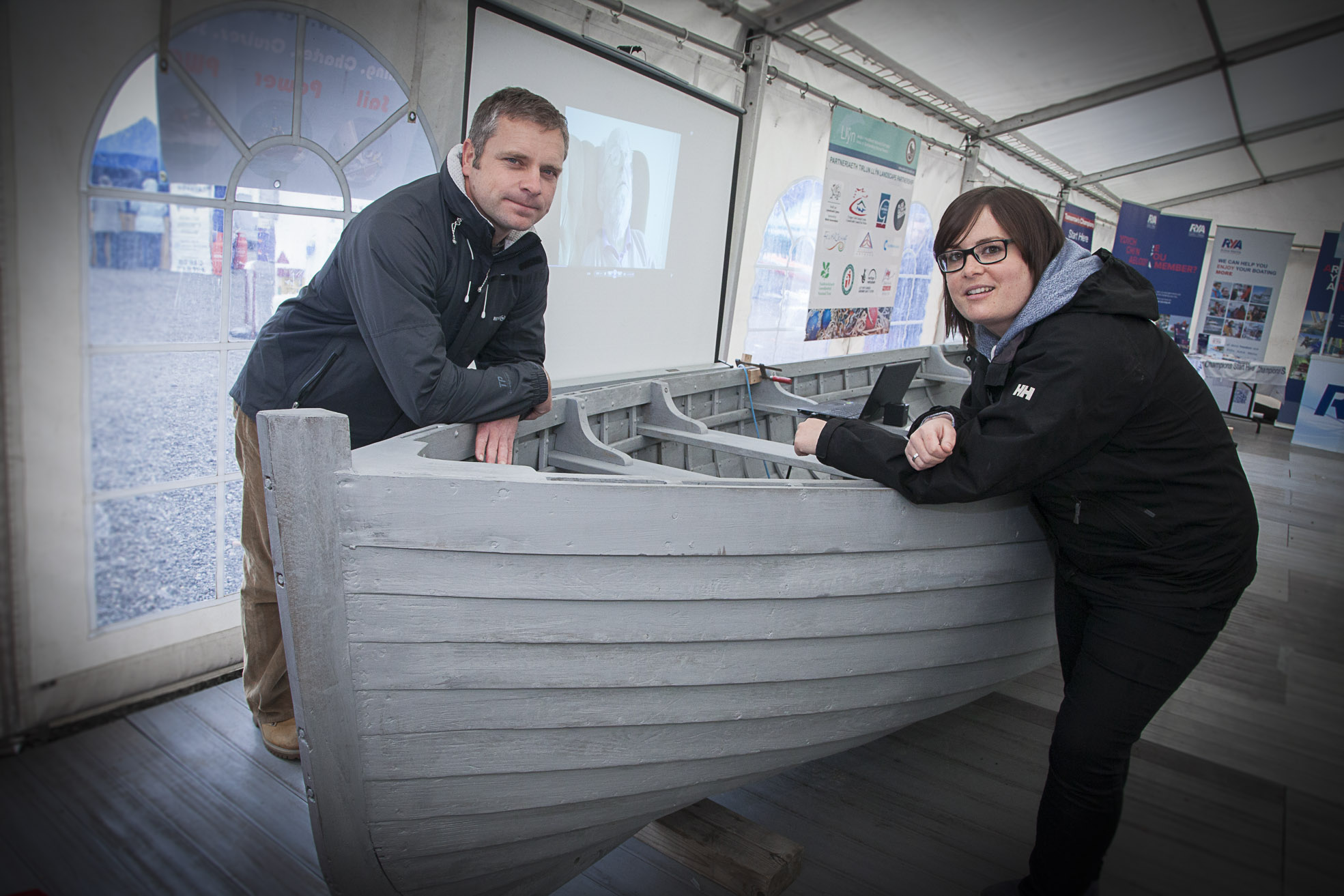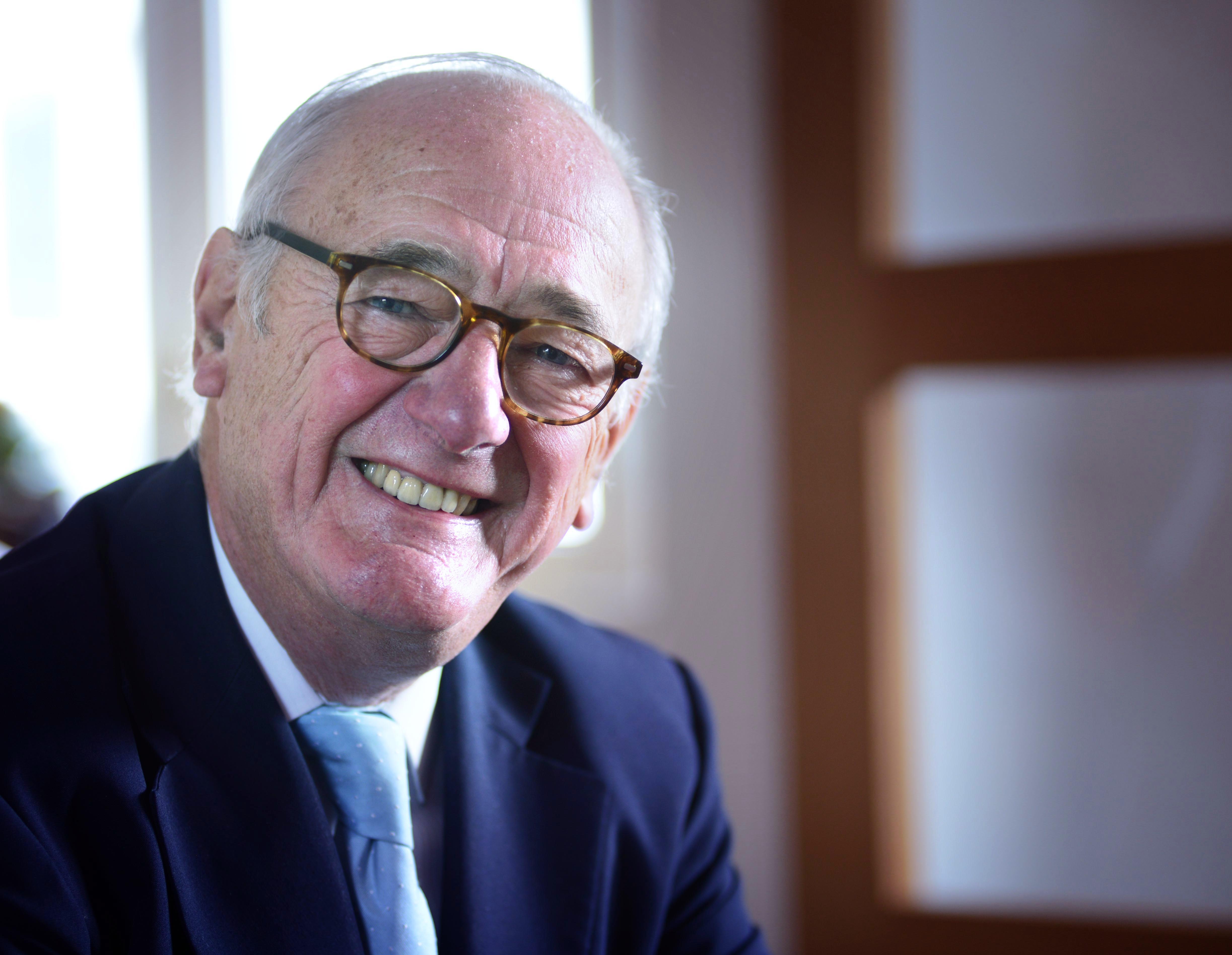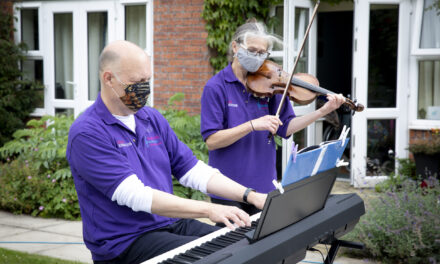A police boss is calling for a “fix room” in Wrexham where drug addicts can inject themselves safely and hygienically.
North Wales Police and Crime Commissioner Arfon Jones was responding to the concerns of residents in Rhosddu where discarded hypodermic needles littering the area are causing health hazards.
Mr Jones, a former police inspector, would like to see a facility similar to the one announced recently in Glasgow where addicts will be able to inject their own heroin under medical supervision.
The scheme aims to tackle drug-related deaths, the spread of infections among users and the amount of needles and injecting equipment left in public areas.
Used in some European cities, the safer consumption facility and treatment service was recommended by the Glasgow City Alcohol and Drug Partnership.
It will involve NHS staff but the location of the centre and its cost are still to be established, although advocates say analysis of other units “have demonstrated their cost effectiveness from a societal perspective”.
Similar schemes operate in 10 other countries, including Australia, Germany, France, Holland and Switzerland.
Mr Jones was speaking after a public consultation meeting with the chief constable, Mark Polin, at Glyndwr University where they were canvassing opinion for the new North Wales Police and Crime Plan.
People living in Rhosddu are worried about the issue of drugs, homelessness and anti-social behaviour plaguing the area.
Mr Jones said: “At the moment, all you’re getting is the authorities treating the symptoms of substance abuse and drug addiction rather than the underlying causes.
“Drug addiction should be treated as a public health issue rather than as a criminal matter
“I’ve known literally dozens of people who have gone to prison. They’re drug addicts when they go in and they’re drug addicts when they come out.
“The problem we have in Wrexham is that all the services are concentrated on the edge of a residential area, so the problems are arising out of people seeking advice and services.
“Clearly, one of the issues for the people of Rhosddu, and I well understand their concerns, is the amount of discarded needles everywhere.
“If we had what we call a fix centre, where they could go and safely inject or take their drugs, then that problem would disappear overnight.
“All it needs is some innovative forward-planning and thinking by all the partners, not just one.
“We should be led by the health board because it’s the health board who give out syringes which are never retrieved, so they’re just litter on the street.
“I have real sympathy for the people of Rhosddu. I can see both sides of the argument and I’m sure that if the authorities were a little bit more flexible towards the people who are causing these problems, then I’m sure that the vast majority of them have no wish to upset or harm anybody.
“What we don’t realise is that a lot of them are addicted to substances because of some trauma in their lives, whether they were abused as children, whether they suffer from post-traumatic stress disorder as veterans and many of them are veterans.
“On Armistice Day we were remembering the contribution of veterans and today we’re out there vilifying the same people. It doesn’t make a lot of sense to be honest.
“We should do something like they do in Glasgow and set up a fix room where addicts can go and they can inject the substances.
“The facility would offer additional ‘wrap around’ services on the same premises such as health care, counselling, and housing and welfare advice
“Something else we need to look at is heroin assisted treatment which is a tried and tested system in this country. Heroin has been prescribed in the UK since 1926. It’s nothing new.
“Heroin-assisted treatment (HAT) would be available for the most chaotic users, who have exhausted other options such as methadone or rehab.
“The heroin would be prescribed in the same way a physician would prescribe methadone, which is actually more addictive than heroin.
‘It is medicinal heroin, so it is clean and users do not face the risk of taking a contaminated drug, like they would if they bought it on the street. The rooms would also provide clean injecting equipment.
“The other benefit of this approach is that it would address the problem of open low-level dealing on the streets of Wrexham because prescribing heroin would take it away from criminal elements.
“I have spoken to Cllr Phil Wynn and Cllr Malcolm King, who are fellow members of Wrexham County Borough Council, and they are willing to work with me and other partners to look at innovative out of the box initiatives such as a consumption of room and heroin-assisted treatment.
“This approach would be better for those suffering from the blight of addiction, society in general and the residents of Rhosddu in particular.
“The people who make a good living out of drugs are the organised criminals. They are the people we need to be going after with all our might.”










